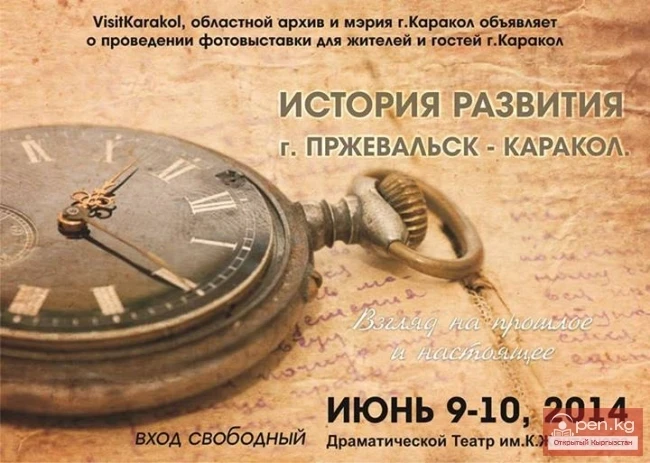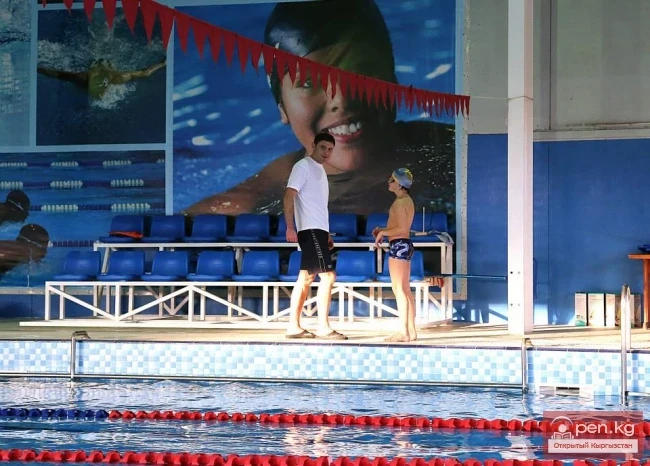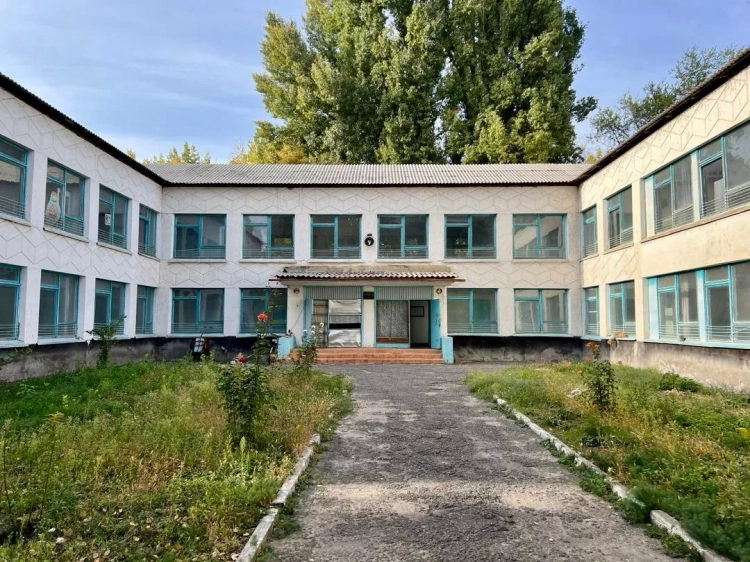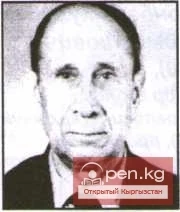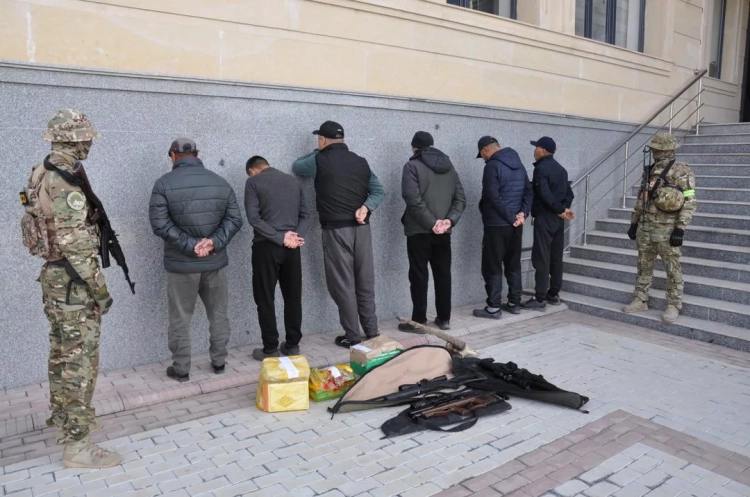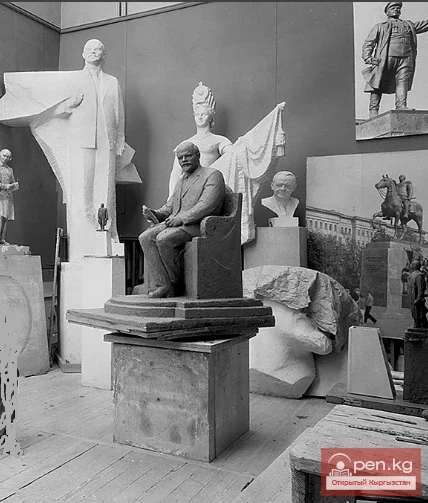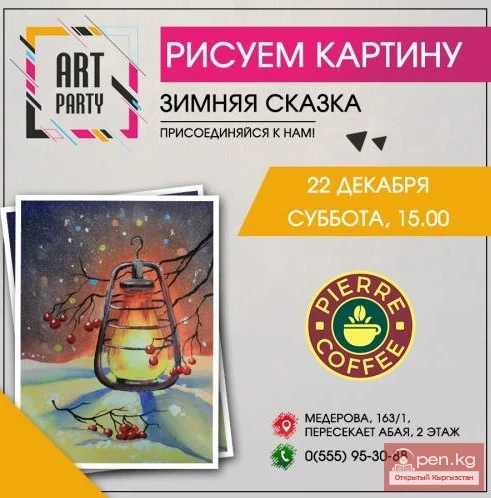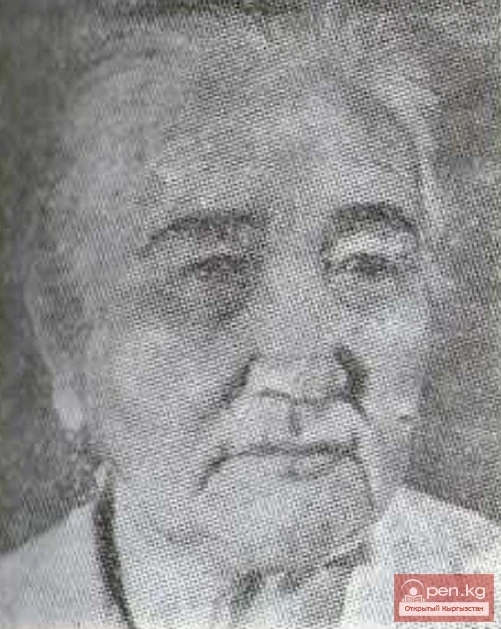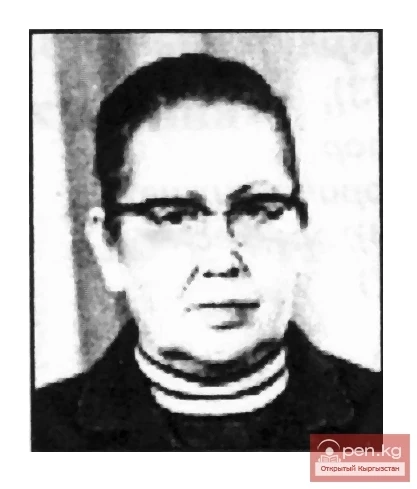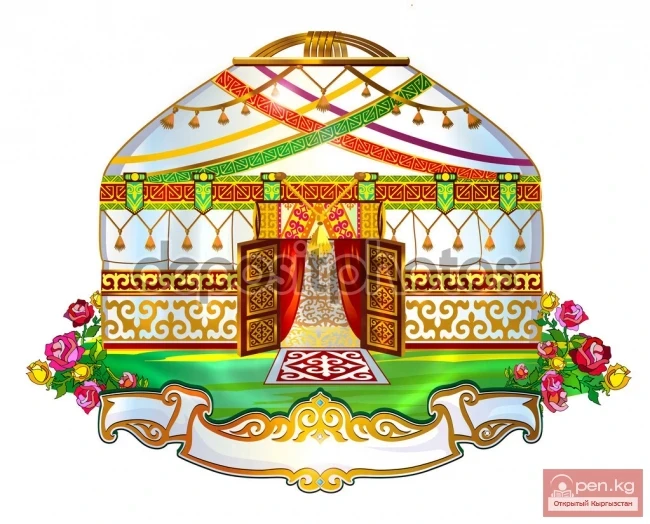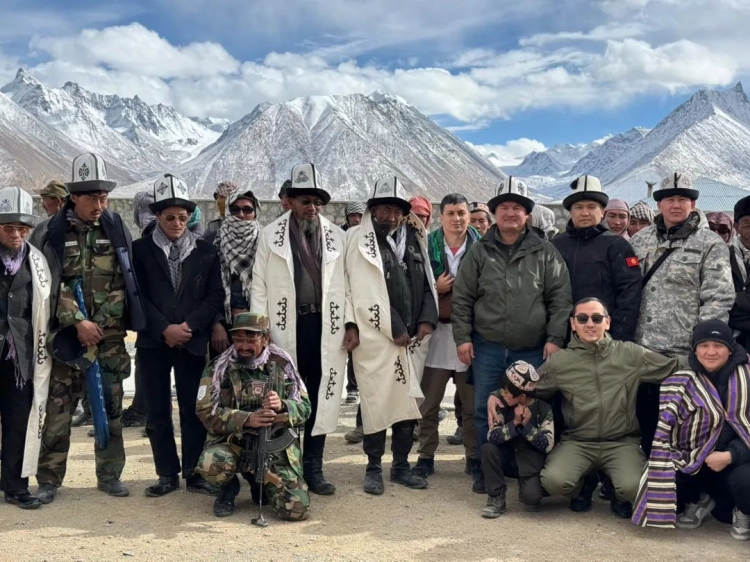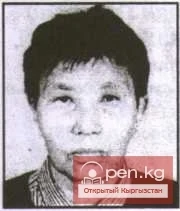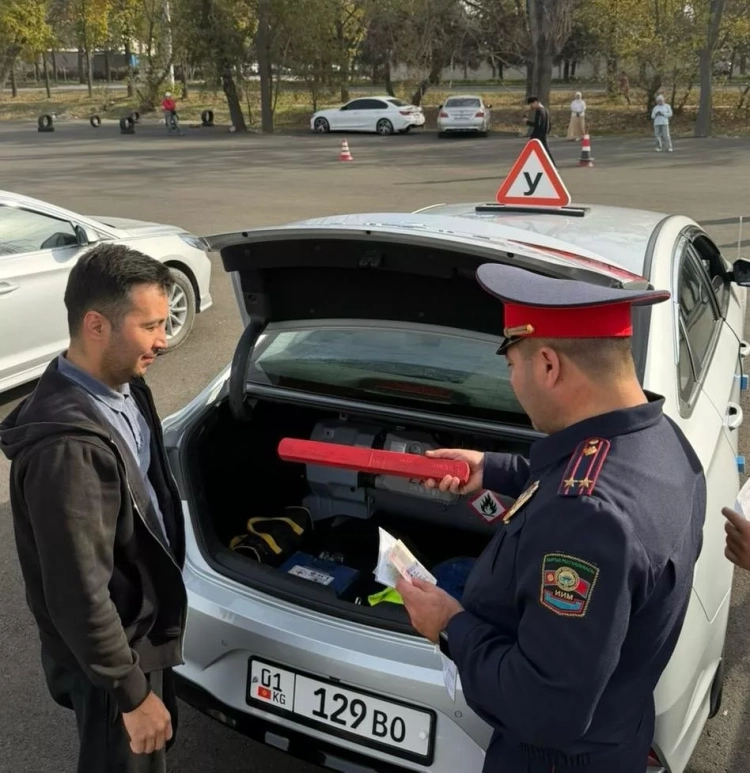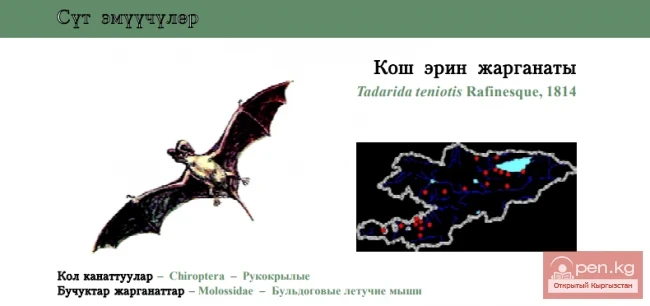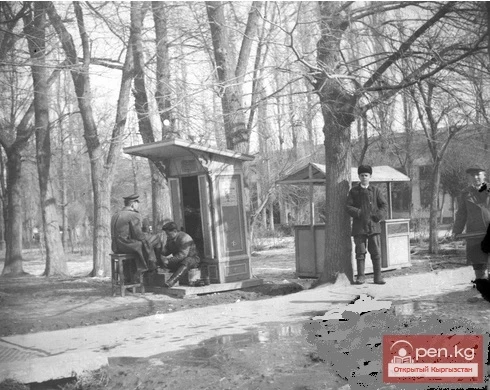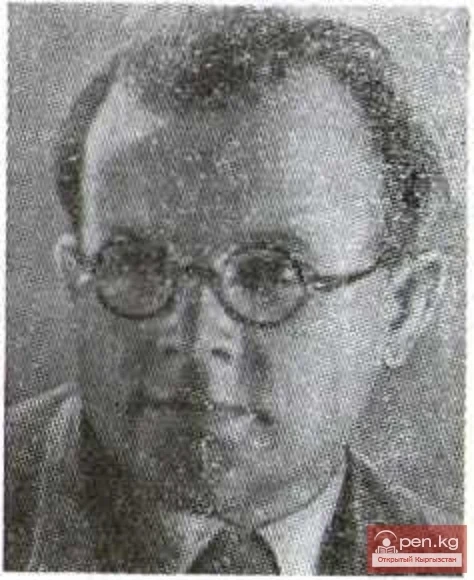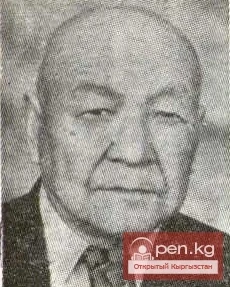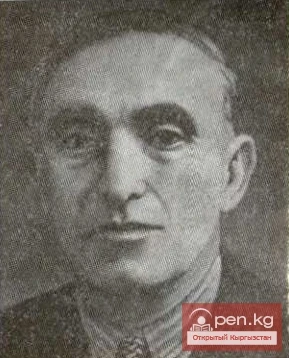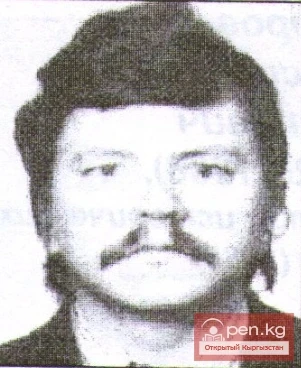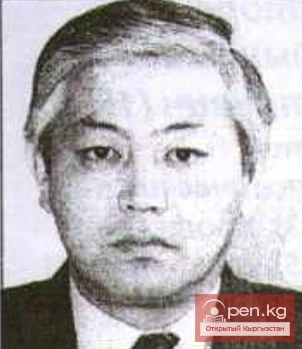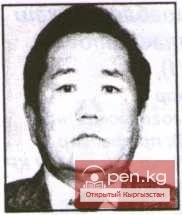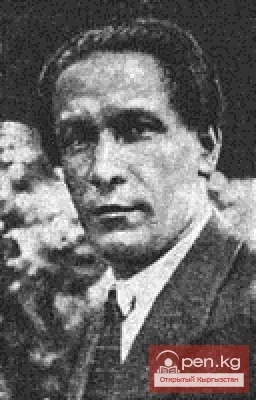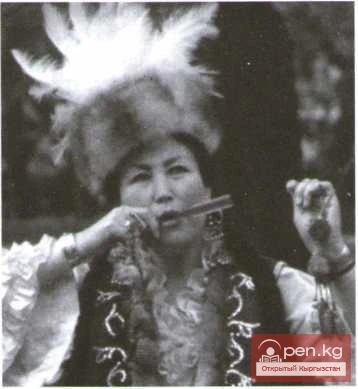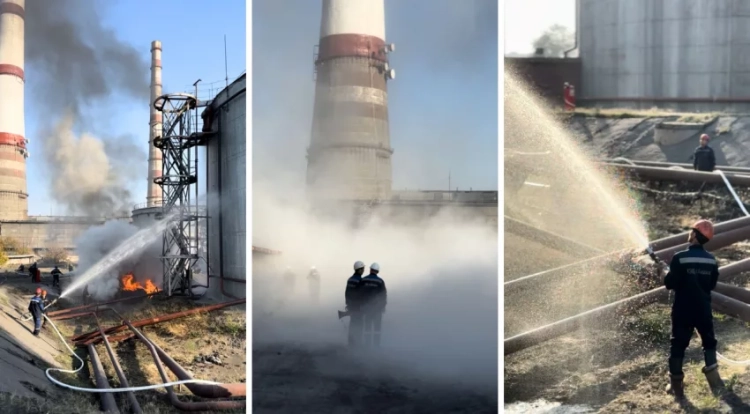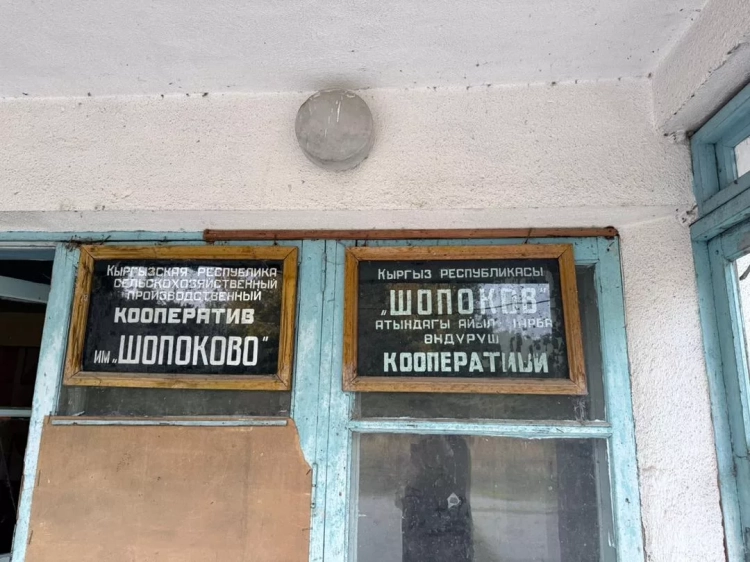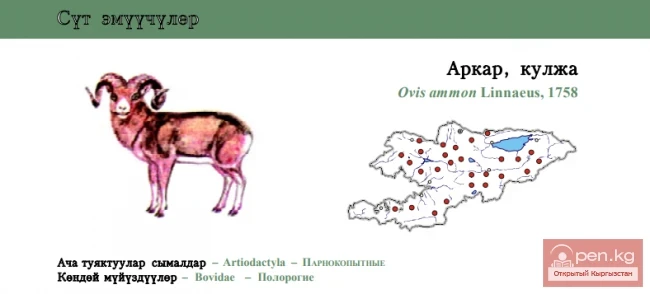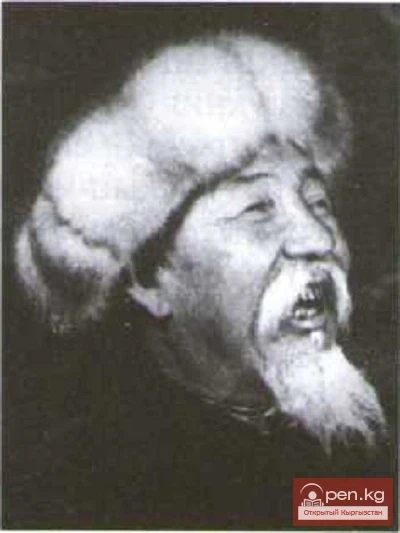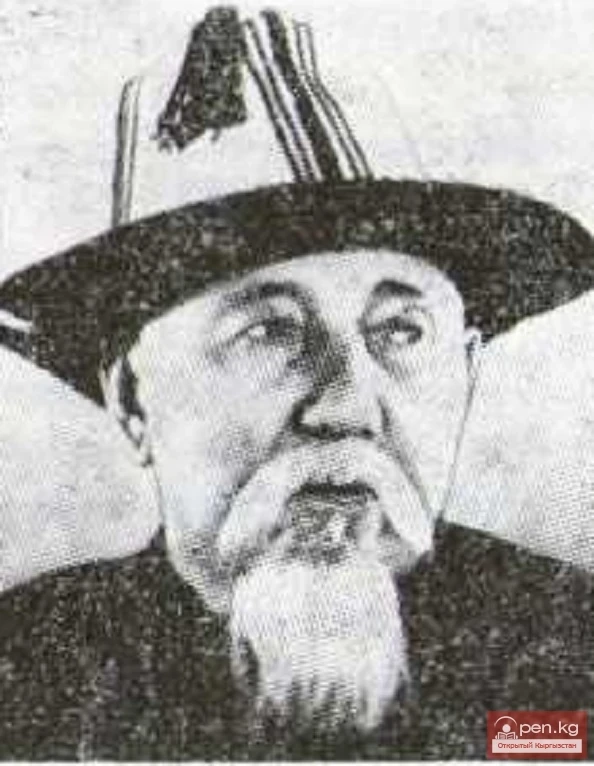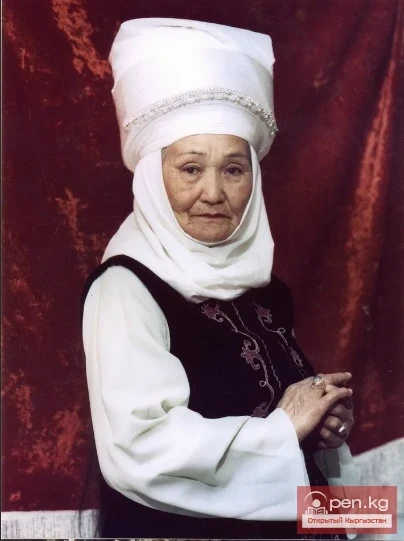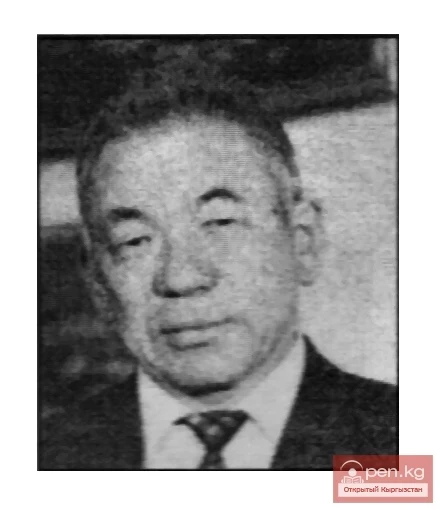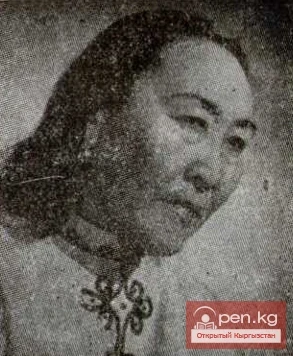
Kuyukova Darkul
Film actress. People's Artist of the USSR (1967). Member of the Communist Party of the Soviet Union since 1945. Born on October 29, 1919, in the village of Tokoldosh in the Voroshilov (now Alamedin) district of the Kirghiz SSR to a peasant family. After graduating from the 7th grade of secondary school No. 5 named after A. S. Pushkin in Frunze in 1936, she began her creative career as an actress in the Young Spectator's Theater (TYuZ). In 1940, she joined the troupe of the Kyrgyz Drama Theater.
In her role as Janil ("Janil" by K. Malikova and A. Kuttubaev), the budding actress created a truly heroic image of the legendary girl-batyr, for whom the sense of duty to her homeland is above all.
D. Kuyukova played more than a hundred roles in the theater. For example, her Kabaniha in "The Storm" by A. Ostrovsky embodied the family despotism, a militant defender of the patriarchal order of Russian merchants. With her willpower and wisdom, she captivated the audience as Tolgonai-Kuyukova in "Maternal Field" by Ch. Aitmatov. The actress astonished theater lovers with her rare gift of penetrating into the mysteries of the human soul, presenting her Vassa Zheleznova ("Vassa Zheleznova" by M. Gorky) and Bernarda Alba ("The House of Bernarda Alba" by G. Lorca).
Dozens of meticulously prepared and passionately performed roles on stage thoroughly shaped the creative individuality of D. Kuyukova and paved her way to the cinema screen. She began filming in 1954. Her first role was that of the mother of Saltanat in V. Pronin's film "Saltanat" (1955). The images of Aldey, the mother of Dzhura, Zakurdaeva, aunt Altynai, mother of Jamili, mother of Ak-Meyor, shaman woman, grandmother Aikyz, created by D. Kuyukova in the films "Heat" (1963) by L. Shepitko, "Dzhura" (1964) by A. Bergunker, "Street of Cosmonauts" (1963) by M. Roshal, "The First Teacher" (1965) by A. Mikhalkov-Konchalovsky, "Jamila" (1969) by I. Poplavskaya, "Ak-Meyor" (1969) by M. Ubukeev, "White Steamboat" (1975) by B. Shamsiev, "Sunny Ostrets" (1975) by K. Akmataliyev are truly lifelike, authentic, and full of genuine, vibrant temperament. The actress masterfully commands the means and techniques of drama, satire, grotesque, and lyrical comedy. Therefore, she quickly and successfully meets the tasks set before her by directors, and her heroines—women from the people—remain long in the audience's memory.
Awards include the medals "For Victory over Germany" (1945), "For Labor Valor" (1951). Order of the Red Banner of Labor (1958). Honorary certificates from the Supreme Soviet of the Kirghiz SSR (1940, 1954, 1969, 1977). Honorary certificate from the Ministry of Internal Affairs of the Kirghiz SSR (1975). Honorary certificate from the Ministry of Culture of the Kirghiz SSR (1976).
Member of the Union of Cinematographers of the USSR since 1970.
BOOKS, ARTICLES, REVIEWS
The Happiness of Creativity — "Soviet Kyrgyzstan," 1979, March 8.
WORKS ON THE ACTRESS'S CREATIVITY
Afidjanova G. I Listen to You, My Native Land — "Soviet Kyrgyzstan," 1969, October 29.
Borov A. Darkul — "Soviet Kyrgyzstan," 1965, April 20.
Jumabassov B. Life on Stage. F., "Kyrgyzstan," 1976, pp. 15, 70.
Komarov A. The Oldest Master of the Stage — "Komsomolets of Kyrgyzstan," 1967, August 18.
Lippe A. Image. Actress. Time — "Soviet Kyrgyzstan," 1966, December 27.
Maricheva V. Every Role is a Confession — "Soviet Culture," 1971, June 5.
Rakhimov Z. Life — Through the Image — "Soviet Kyrgyzstan," 1976, October 19.
One Hundred Roles of Darkul Kuyukova — "Lenin's Path," 1976, January 31.
Turgumbekov Z. Generous Talent — "Soviet Kyrgyzstan," 1967, March 18.
Yugova E. Sketch for a Portrait — "Komsomolets of Kyrgyzstan," 1969, October 25.
